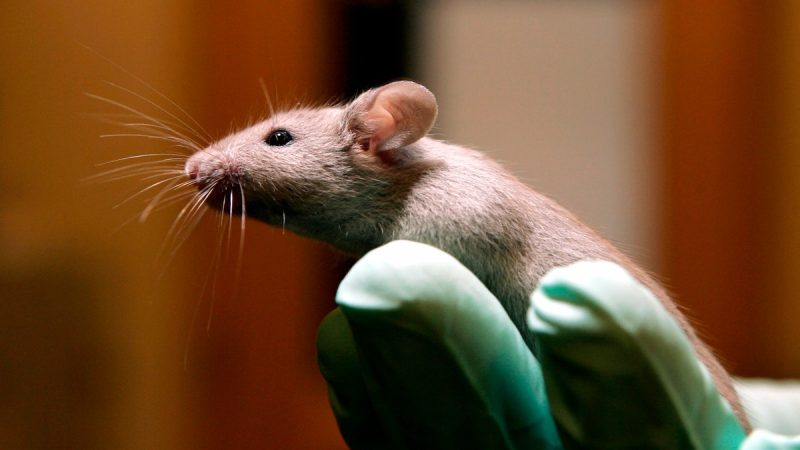— The Food and Drug Administration is phasing out an animal testing requirement for antibody therapies and other drugs in favor of testing on materials that mimic human organs, the FDA announced on Thursday.
‘For too long, drug manufacturers have performed additional animal testing of drugs that have data in broad human use internationally. This initiative marks a paradigm shift in drug evaluation and holds promise to accelerate cures and meaningful treatments for Americans while reducing animal use,’ FDA Commissioner Martin A. Makary, said in comment provided to Fox News Digital.
‘By leveraging AI-based computational modeling, human organ model-based lab testing, and real-world human data, we can get safer treatments to patients faster and more reliably, while also reducing R&D costs and drug prices. It is a win-win for public health and ethics.’
The phase-out focuses on ending animal testing in regard to researching monoclonal antibody therapies, which are lab-made proteins meant to stimulate the immune system to fight diseases such as cancer, as well as other drugs, according to the press release.
Instead, the FDA will encourage testing on ‘organoids,’ which are artificially grown masses of cells, according to the FDA’s press release obtained by Fox Digital.
‘The FDA will promote the use of lab-grown human ‘organoids’ and organ-on-a-chip systems that mimic human organs – such as liver, heart, and immune organs – to test drug safety. These experiments can reveal toxic effects that could easily go undetected in animals, providing a more direct window into human responses,’ the press release says.
The FDA will also encourage the use of AI while testing drugs, including building computer modeling that can predict a drug’s behavior, Fox Digital learned.
The phase-out will include updating its guidelines to recognize research conducted on organoids and through AI.
‘Companies that submit strong safety data from non-animal tests may receive streamlined review, as the need for certain animal studies is eliminated, which would incentivize investment in modernized testing platforms,’ the FDA explained in its press release.
The FDA is slated to also work with fellow federal agencies, such as the National Institutes of Health, the National Toxicology Program and the Department of Veterans Affairs, to ‘accelerate the validation’ of the new testing standards and will hold a public workshop later this year to further discuss the matter.
‘For patients, it means a more efficient pipeline for novel treatments. It also means an added margin of safety, since human-based test systems may better predict real-world outcomes. For animal welfare, it represents a major step toward ending the use of laboratory animals in drug testing. Thousands of animals, including dogs and primates, could eventually be spared each year as these new methods take root,’ Makary said.

